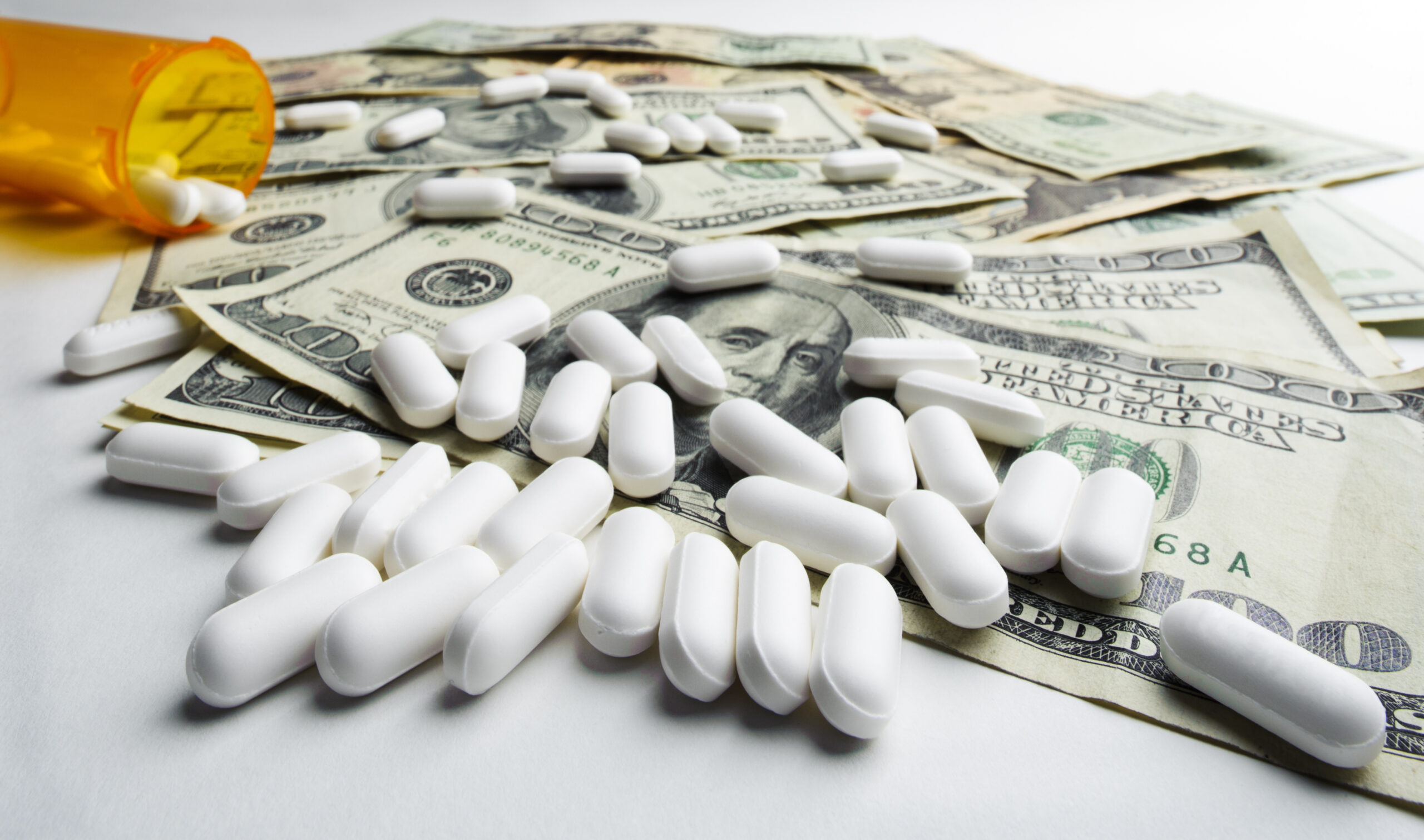© 2024 CSRXP- All Rights Reserved

Second Opinion: GAO Undermines Common Refrain in Big Pharma’s Blame Game
Aug 16, 2019
Analysis Finds PBMs Pass On Over 99 Percent of Rebates, Used to Keep Premiums Down
A new report from the Government Accountability Office (GAO) undermines a common refrain in Big Pharma’s blame game targeting pharmacy benefit managers (PBMs) and rebates.
In an effort to distract from their own price-gouging and anti-competitive behavior, Big Pharma frequently tries to blame others in the drug supply chain – including PBMs – for the rising price of prescription drugs. While Big Pharma has repeatedly tried to paint PBMs as middlemen who add no value to the system, the truth is that PBMs work on behalf of payers and consumers to reduce prescription drug prices, increase convenience and improve safety.
By negotiating rebates with pharmaceutical manufacturers, PBMs are able to pass those savings on to insurers who use those savings to keep premiums low for patients and consumers. In fact, the new GAO report finds that PBMs passed over 99 percent of the rebates they negotiated for Medicare Part D drugs on to insurers, who “use rebates to help offset the growth in drug costs, helping control premiums for beneficiaries.”
The report adds that thanks to PBMs, “Part D drug prices were significantly lower [41 percent] than list prices for brand name drugs in retail pharmacies,” in 2016.
The truth is, Big Pharma is responsible for setting and raising list prices – and high list prices result in higher costs. So far this year, Big Pharma has raised list prices on nearly 3,500 drugs. And in June alone, Big Pharma raised the price of 106 drugs by an average of 27 percent.
It’s time for policymakers to tune out Big Pharma’s misinformation campaign and enact bipartisan, market-based solutions to hold drug makers accountable for their anti-competitive and price-gouging behavior.
The American people agree. In a recent CSRxP survey, an overwhelming 84 percent of Americans called for policymakers in Washington to focus on cracking down on the anti-competitive and price gouging tactics of Big Pharma, rather than focus on reforming rebates.
BIG PHARMA MYTH #1:
Price Savings Secured By PBMs In The Form of Rebates Aren’t Passed On To Patients.
FACT:
PBMs Pass The Vast Majority Of Rebates Onto Their Customers, Who Return Savings To Consumers And Patients By Way Of Lower Premiums And Reduced Cost Sharing.
- In 2016, PBMs Passed Back Over 99 Percent Of Negotiated Rebates. (“MEDICARE PART D Use of Pharmacy Benefit Managers and Efforts to Manage Drug Expenditures and Utilization,” United States Government Accountability Office, 7/19)
- Experts At Both The Federal Trade Commission And The Department Of Justice Agree That The Rebates PBMs Negotiate In Confidence Produce More Competition And Lower Costs For Plan Sponsors And Patients. (“The Facts About Pharmacy Benefit Managers And Rebates,” Express Scripts, Accessed 3/29/19)
- In 2017, Medicare Part D Premiums Would Have Been 45 Percent Higher Without PBM-Negotiated Rebates. (Randall Fitzpatrick & Chris Carlson, “Premium Impact Of Removing Manufacturer Rebates From The Medicare Part D Program,” Oliver Wyman, 7/6/18)
BIG PHARMA MYTH #2:
PBMs Are Middlemen Who Don’t Add Value To The System.
FACT:
266 Million Americans Rely On PBMs To Lower The Annual Cost Of Prescription Drugs By Up To 50 Percent.
- PBMs Save Customers And Patients Between 40 And 50 Percent On Their Annual Prescription Drug Costs. (“The Return On Investment [ROI] On PBM Services,” Visante, November 2016)
- For Every Dollar Invested In PBMs’ Services, They Produce $6 In Savings. (“The Return On Investment [ROI] On PBM Services,” Visante, November 2016)
- PBMs Will Save American Patients $2 Trillion Over The Next Decade. (“The Facts About Pharmacy Benefit Managers And Rebates,” Express Scripts, Accessed 3/29/19)
- PBMs Are Projected To Save The Health Care System $654 Billion Over The Next Decade. (“Pharmacy Benefit Managers,” Express Scripts, Accessed 3/28/19)
###
